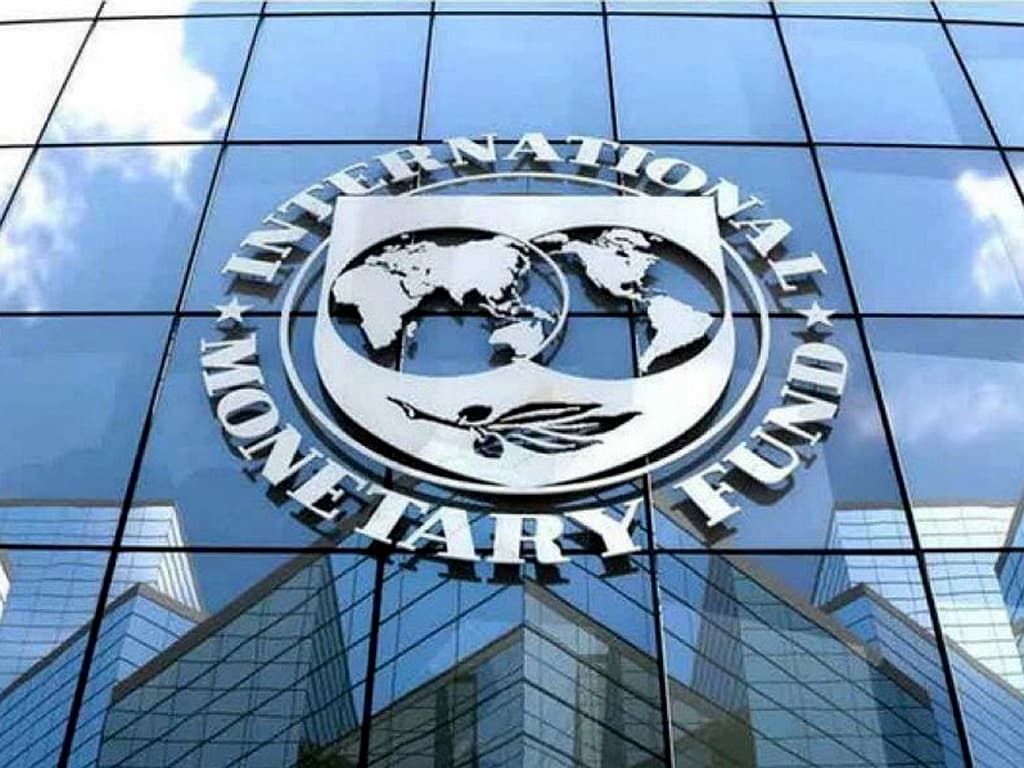During a press conference held at the Bangladesh Bank headquarters, IMF Mission Chief Chris Papageorgiou praised the efforts of the interim government, led by the chief adviser, financial adviser, and governor, for their role in steering the country’s economic recovery.


Papageorgiou made the remarks after an IMF mission team, led by him, visited Dhaka from April 6–17, 2025, to discuss Bangladesh’s economic and financial policies. The discussions focused on the combined third and fourth reviews of the IMF’s Extended Credit Facility (ECF), Extended Fund Facility (EFF), and Resilience and Sustainability Facility (RSF).
Despite the progress, Papageorgiou noted that the Bangladeshi economy is still facing multiple challenges, particularly in the context of global uncertainty. He pointed out that inflation, which peaked at a decade-high 11.7 percent in July 2024, has eased to 9.4 percent by March 2025. However, it remains above Bangladesh Bank’s target range of 5-6 percent.
To address these challenges, the IMF emphasized the need for near-term policy tightening. Papageorgiou highlighted the importance of fiscal consolidation and tax reforms, specifically the removal of extensive tax preferential treatments and simplification of the tax system.
He further stressed that Bangladesh needs to carefully calibrate its monetary policy to avoid premature softening, which would help anchor inflation expectations. Additionally, greater exchange rate flexibility is needed to support price competitiveness, rebuild foreign exchange reserves, and strengthen resilience to external shocks.
A comprehensive strategy to boost revenue and reform expenditures is crucial for supporting increased social spending and infrastructure investment. The IMF also pointed out the low tax-to-GDP ratio in Bangladesh, which underscores the urgent need for tax reforms aimed at building a more equitable and sustainable system.
Papageorgiou also addressed the need for financial sector reforms, particularly in terms of legal reforms that align with international standards. Strengthening governance and transparency, improving risk-based supervision, and ensuring the health of the banking sector will be critical for maintaining financial stability.
The IMF also noted that progress in structural reforms is essential for tackling Bangladesh’s economic challenges. Improving governance, increasing transparency, and boosting foreign direct investment (FDI) will help expand sectors beyond ready-made garments. The IMF stressed the importance of continued improvements in anti-money laundering (AML) and combating the financing of terrorism (CFT) frameworks.
Furthermore, Papageorgiou emphasized the need for Bangladesh to enhance its resilience to climate change. Addressing climate-related risks through effective fiscal reforms and sustainable infrastructure investment will be crucial for safeguarding financial stability and mitigating macroeconomic risks.
The IMF mission continues discussions with the Bangladeshi government, aiming to reach a staff-level agreement in the near term, potentially during the April 2025 IMF-World Bank Spring Meetings in Washington, D.C. The IMF reaffirmed its commitment to supporting Bangladesh through these challenging times.

